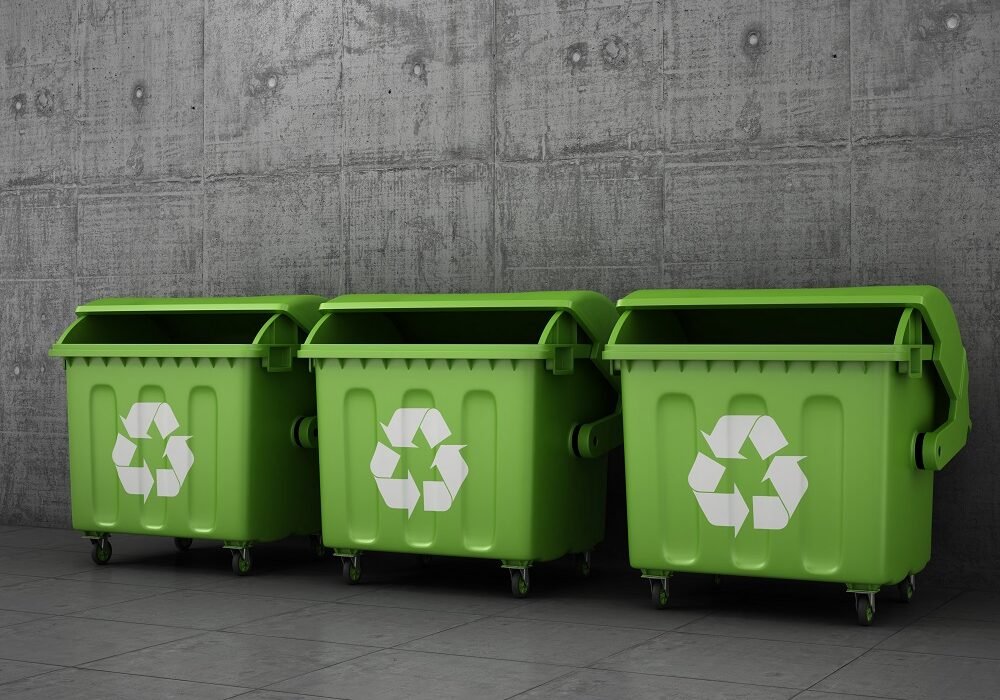Waste management is essential for today’s society, as it ensures that wastes are disposed of and treated properly to safeguard environmental and human health. The future of waste management presently assumes great significance due to a surge in concern over waste’s consequences on the planet. It also takes into consideration the problems faced and novel solutions that are shaping a sustainable future. T
he increase in environmental concerns due to rapid urbanization and population growth further complicates the very task of waste management. On the other hand, the understanding of these challenges is of great importance for the establishment of sustainable solutions. In the quest for sustainable living, waste management remains a vital aspect. The cheapest skips for hire and other waste solutions have become very instrumental in addressing this fast-growing problem. This paper looks into problems encountered in modern waste management.
Infrastructure Challenge
One of the biggest challenges experienced in modern waste management is that of poor infrastructure. Many of these cities, especially in developing nations, lack various facilities that would enable proper processing and disposal of waste. This includes a collection system with inadequate waste collection systems, recycling facilities, and landfill sites.
The World Bank argues, that poor infrastructural facilities for waste management may go ahead to cause critical environmental and health problems, which include the pollution of water bodies and the spread of diseases. To alleviate these problems, there is a need for colossal investment in the infrastructure of waste management. This encompasses the introduction of effective waste collection systems, the erection of recycling and composting plants, and the rehabilitation of landfill sites to comply with environmental standards.
Public Awareness and Participation
Public awareness and participation are very important in attaining proper waste management. However, this is significantly lacking as most people are unaware of the essence of appropriate waste disposal and recycling. Educating the public about waste management practices would be integral to participation and a decrease in waste generation. Some of these include community education programs, media campaigns, and school curriculums to sensitize and enlighten the general public on their importance. Likewise, the proper waste disposal and recycling incentive can have an increase in public participation. For example, financial incentives and tax savings should be implemented and offered to those households and businesses that are seen making a conscious effort through their active participation in recycling programs.
Technological Advancements
Both opportunities and challenges are raised by technological advancement when it comes to waste management. The advanced technologies include waste-to-energy, smart waste bins, and automatic sorting systems; these technologies represent innovative solutions that maximize efficiency and minimize waste. Examples include using waste-to-energy technologies, which change waste into energy, help eliminate the need for fossil fuels, and reduce landfill requirements. Of course, these systems have an initial cost outlay and then a requirement for operating and maintaining personnel. Also, some technologies are indeed environmentally unsound, such as waste-to-energy plant emissions. The challenge of still balancing the benefits of technological progress with maintaining the environment is huge.
Poor Waste Management and Environmental Impacts
Unmanageable wastes can result in disastrous situations for the environment. Poorly managed landfills may lead to land and water pollution. Organics in landfills break down to produce methane gas, a very powerful greenhouse gas behind global climate change. Incineration, though reducing the bulk of wastes, if not tightly regulated, can release dangerous pollutants into the air. A major challenge to recycling is contamination where non-recyclable materials mix with recyclable materials. This renders the whole batch of recyclables useless. Ways of ensuring proper sorting and reduction of contamination are public education and advanced sorting technologies.
Conclusion
The modern waste management faces a lot of challenges. Among them are inadequate infrastructural support, low public awareness, difficulty in the adoption of technologies, and high environmental impacts. These must be countered with multi-pronged approaches by building infrastructures, educating the public, innovating technology, and enforcing strict environmental legislation. Having set priorities in these directions, systems for sustainable waste management can be developed to protect the environment and public health.
Visit smartly phone for more.






